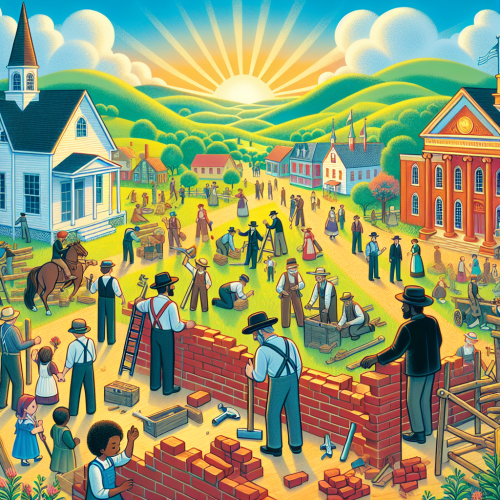Podcast Script Finalization - Students finalize their scripts for the 'Voices from the Past Podcast Series,' incorporating historical analysis and ensuring clear connections between Reconstruction policies and modern civil rights issues (25 min)
Podcast Recording Session - Students record their podcast episodes, focusing on effective communication and collaboration to express their insights and analyses of key Reconstruction figures and events (20 min)
|
Documentary Film Production - Students work on editing and finalizing their short documentary films, integrating visuals and narratives that link Reconstruction policies with current civil rights challenges (30 min)
Group Reflection and Feedback - Students participate in a reflection circle to share their experiences and provide constructive feedback on each other's podcast episodes and documentaries, enhancing critical thinking and empathy (15 min)
|

